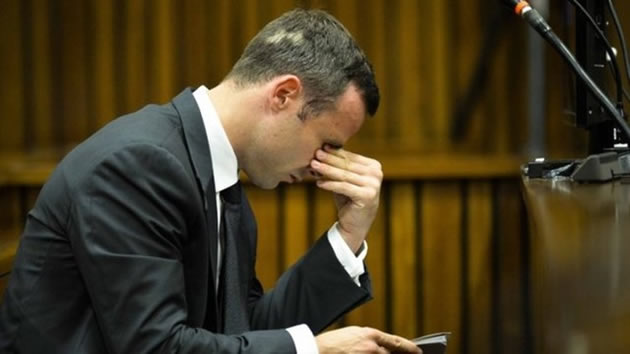Nigeria, Boko Haram reach ceasefire agreement

 ABUJA. — In a landmark decision, Nigeria’s military says it has agreed a truce with Islamist militants Boko Haram — and that the schoolgirls the group has abducted will be released.
ABUJA. — In a landmark decision, Nigeria’s military says it has agreed a truce with Islamist militants Boko Haram — and that the schoolgirls the group has abducted will be released.
Nigeria’s chief of defence staff, Alex Badeh, announced the truce.
Boko Haram has not made a public statement.
The military has struggled to defeat Boko Haram, which has been fighting an insurgency since 2009. Boko Haram sparked global outrage six months ago by abducting more than 200 schoolgirls.
The girls were seized in the north-eastern town of Chibok in Borno state, and their continued captivity has led to criticism of the Nigerian government’s efforts to secure their release.
The hostages are thought to have been taken to the vast Sambisa forest, along Nigeria’s border with Cameroon.
Members of the Bring Back Our Girls campaign said in a tweet yesterday: “We are monitoring the news with huge expectations.”
Air Chief Marshal Badeh revealed the truce at the close of a three-day security meeting between Nigeria and Cameroon. He said Nigerian soldiers would comply with the agreement.
Nigerian presidential aide Hassan Tukur told BBC Focus on Africa that the agreement was sealed after a month of negotiations, mediated by Chad.
As part of the talks, a government delegation twice met representatives of the Islamist group. Tukur said Boko Haram had announced a unilateral ceasefire on Thursday and the government had responded.
“They’ve assured us they have the girls and they will release them,” he said.
“I am cautiously optimistic.”
He said arrangements for their release would be finalised at another meeting next week in Chad’s capital, Ndjamena.
The negotiations are said to have the blessing of Boko Haram leader Abubakar Shekau, reports the BBC’s Chris Ewokor in Abuja.
Speaking to the BBC, Nigerian government spokesman Mike Omeri said Boko Haram would not be given territory under the ceasefire agreement — and that the government would not reveal what concessions it would make.
“We are inching closer to release of all groups in captivity, including the Chibok girls,” he said.
In May 2013, President Goodluck Jonathan imposed a state of emergency in the northern states of Borno, Yobe and Adamawa, vowing to crush the Islamist insurgency.
But Boko Haram, which translates as “Western education is forbidden”, has stepped up attacks against civilian targets since the Nigerian military offensive began.
The group promotes a version of Islam which makes it “haram”, or forbidden, for Muslims to take part in any political or social activity associated with Western society. It frequently attacks schools and colleges, which it sees as a symbol of Western culture.
The New York-based Human Rights Watch says more than 2 000 civilians have been killed this year. — BBC.










Comments